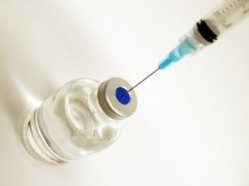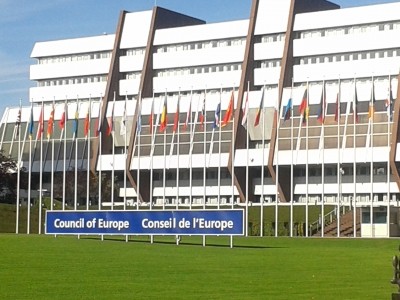Amgen calls on pharma to educate doctors on biosimilars

Confusion surrounding biosimilars goes beyond misconceptions, and amounts to a severe “absence of understanding,” Virginia Acha, Regulatory Affairs, Amgen UK told Biopharma-Reporter.com at last week’s DIA Euromeeting in Vienna. Some doctors have been shown to be unaware even of the difference between biosimilars and small-molecule generics, she added.
Although European guidelines on biosimilars have been in place since 2005, “when you’re talking with doctors, nurses, patients and policymakers, they still have either at best a basic understanding or in some cases no understanding at all of a biosimilar,” said Acha.
“After nearly ten years of biosimilar development in Europe everyone should have a very good understanding of how biosimilars have been developed, the regulatory approaches, what they mean for healthcare, and how they should be used.
“That’s important because if we don’t have that engagement we really will limit the potential of these products to reach more patients.”
‘Call to arms’
Pharmaceutical firms are failing to engage the public on biosimilar issues, Acha told us.
“At the beginning people thought if they wrote it down in a nice book or did a couple of articles everybody would get it. But you don’t do public understanding of science with just a couple of brochures.”
Instead, drugmakers must look at biosimilars from the perspective of other groups, said Acha.
“Sometimes we have a tendency to talk in a regulatory tone of voice, which isn’t something a clinician is au fait with. You have to put these messages across at the right time and in the language and terms that these colleagues will best appreciate.
“That’s my simple call to arms – I don’t think we’ve done that very well and some of the frustration I get from the EMA, asking why are people so resistant and don’t seem to want to understand the biosimilar development concepts – well, the onus is really on us.”
Biosimilar companies must take lessons from other scientific fields which have established better public understanding, said Amgen’s regulatory expert.
“For a company like Amgen that’s core to what we need to do, to support our business and the stakeholders that depend on us.”
Generic confusion
Clinicians are learning about biosimilars at vastly different rates, she said, depending on their work needs.
“With respect to timing, people will most quickly adopt information when it’s proximate to their interests. Right now that’s why rheumatologists are interested in biosimilars because they’re seeing an Infliximab biosimilar emerge.
“Oncologists are a bit further off but they’re starting to get a whiff of the biosimilars coming to them.”
One study showed that some doctors mistake biosimilars for small-molecule generics, and are concerned over unlikely internet purchases of counterfeits, she said.
Other stakeholders are trailing behind in their knowledge of biosimilars.
“I’ve spoken to nurses and they feel very remote from the issues. And patients are maybe the worst served. Nobody has spent enough time thinking about when and how they need the information.”
EGA, EFPIA consensus
Acha said there is no single forum for getting accurate information through to the public and doctors, but praised a toolkit for patients put together by the International Alliance of Patients’ Organizations.
Elsewhere, stakeholders including the European Generic medicines Association (EGA), the European Federation of Pharmaceutical Industries and Associations (EFPIA), European Association for Bioindustries (EuropaBio) and patients and doctors groups have produced a biosimilars guide in an attempt to correct misunderstandings.
The consensus information document, led by European Commission VP Antonio Tajani is currently being translated from English for EU countries and encourages greater use of biosimilars in healthcare.










